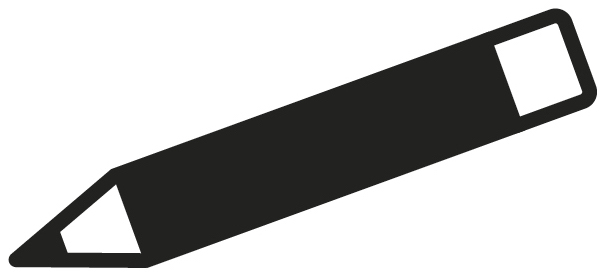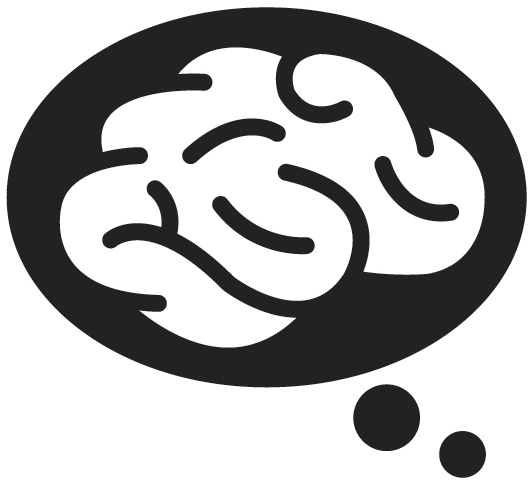




Reexamining Your Best and Worst Decisions

G o back to what you identified at the start of the book as your best and worst decisions.
How do you feel about those answers now? Has your mind changed? Upon reflection, were they actually your best and worst decisions (free of the influence of resulting)? Can you see more clearly how the quality of the outcomes influenced your choice of your best and worst decisions?
Use the space below for reflection.
After reflecting, include other decisions that you might add to the consideration of best/worst.

Resulting makes us lack compassion for ourselves and others.
When someone has a bad outcome in their life, we judge their decision-making as poor because of resulting. That makes it easy to blame them for the way things turned out. No need to have compassion because the outcome was their fault.
And it’s not just other people. We lack self-compassion when we make these connections in our own lives. We beat ourselves up when things don’t work out the way we had hoped.
For good outcomes, we’re not doing anyone a service by potentially overlooking their mistakes simply because it worked out. We’re definitely hurting ourselves, not just in learning, but in assessing our self-worth based on how things turned out rather than on whether we made a good decision under the circumstances.